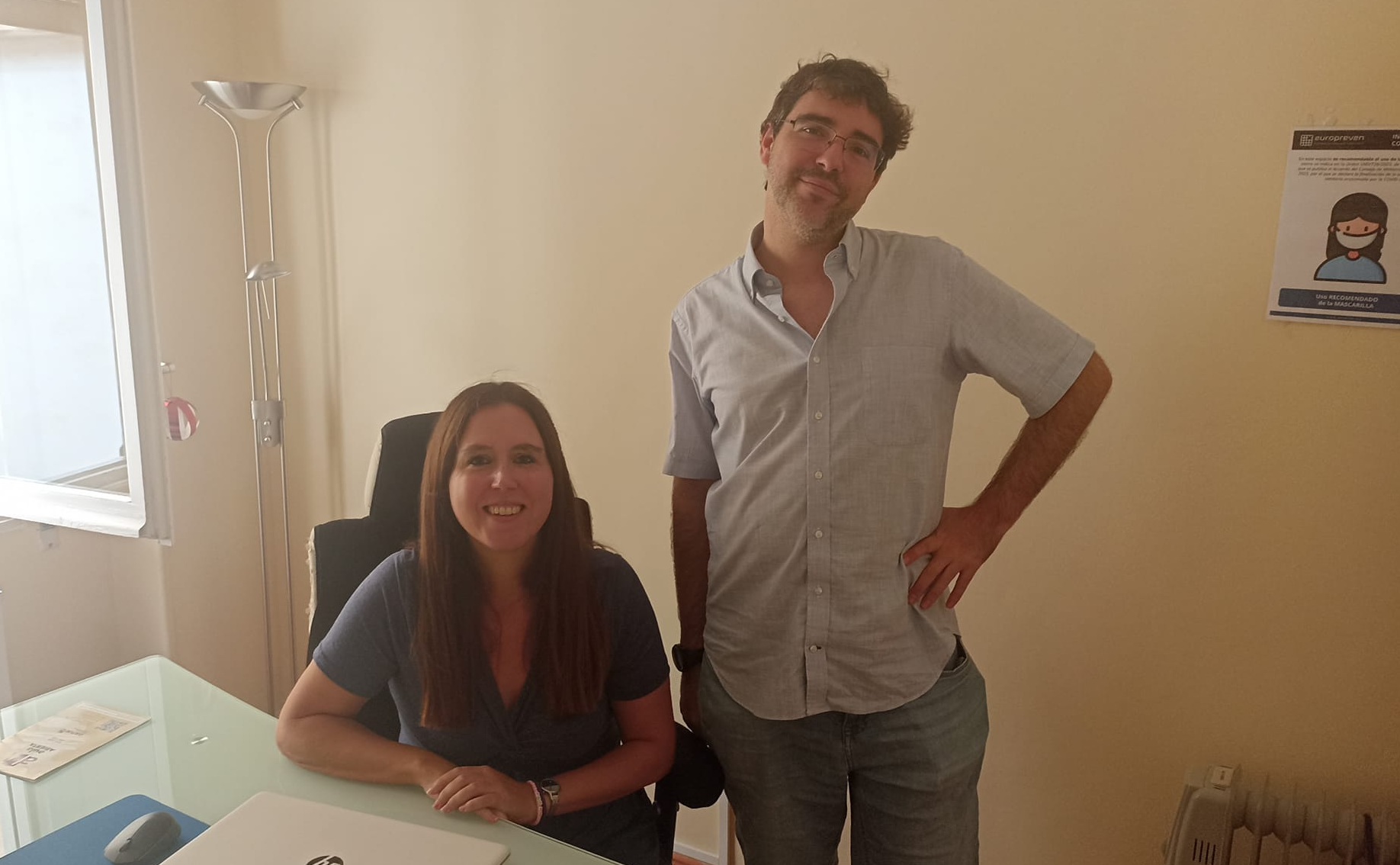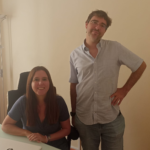On October 10, International Mental Health Day is celebrated. According to the latest studies carried out by the World Health Organization, it is estimated that one in four people in the world will suffer from some type of mental problem in their lives and in 2030 this pathology will already be the main cause of disability. All this is undoubtedly aggravated by the fact that between 35 and 50% of those affected do not receive adequate treatment.
The two most common mental disorders are schizophrenia and bipolarity.
Alicante Association
Obviously this great social problem is also present in Alicante, and public administration does not always cover all its branches. For this reason, in 2002, a group of people with relatives who suffered from these pathologies founded the Association for the Integration of Mentally Ill Patients (AIEM).
Today the group serves about sixty users, and its board of directors continues to be made up of their relatives. It also has a professional team made up of a social worker, a psychologist, a social integrator, a lawyer and an administrative assistant.
“We are characterized above all by providing close and professional treatment. It is essential that they have a place to meet others who are in the same situation, just like families,” says Verónica Cremades, social worker and manager of AIEM.
Fight isolation
According to what they tell us, the two most common mental illnesses treated are schizophrenia and bipolar disorder.
“Many times they come here motivated by their relatives, because it is common for the person themselves to not be fully aware of the extent to which their illness limits them. Normally they do not feel like doing any type of activity, so they stay locked up at home and lose their friends. Furthermore, stress makes the symptoms much worse, so they cannot work either,” psychologist José Luis Camarasa tells us.
Therefore, to combat this isolation, different excursions and leisure events are organized. Workshops are also held to train the brain. Likewise, users attend individual or collective psychological therapies.
“Normally these diseases awaken between the ages of 18 and 22” JL Camarasa (psychologist)
Fight stigmas
The members of the association recognize that another of their main tasks is also to fight against the stigmas that exist in society. “There is a part of the population that does not want to get close to those they call ‘crazy’, and this leads to the fact that mentally ill people end up seeing the symptoms in everyone else except themselves,” Camarasa tells us.
In fact, we normally tend to link mental illnesses to very striking symptoms such as hallucinations or senseless screaming. However, AIEM points out that this can be somewhat misleading.
“These types of very visible symptoms are usually controlled with medication, and it is really not what you see most on a day-to-day basis. The usual thing is that they show a great lack of motivation to do anything, since they cannot enjoy even the basics. Even their food tastes bad. However, from the outside, many people judge this as laziness, rather than a disorder,” the team psychologist tells us.
Integration into society
In order to carry out all these functions AIEM receives a series of subsidies from various public administrations, as well as relies on a network of volunteers and donors. “Some of them are former users who have already overcome their disorder, but they are grateful to the association and want to continue contributing,” they tell us.
On the other hand, the users themselves collaborate with other charitable associations. “Every week we go to the Asoka animal shelter and the Red Cross garden to help them. “This way our users also feel more useful and productive, which greatly reinforces their self-esteem,” Cremades points out.
Of course, the ultimate goal is for everyone to overcome their pathology and end up living their lives independently. “Many of our users have never been able to work, since the disease usually awakens between 18 and 22 years of age. So we do many activities focused on employability, we collaborate with companies to promote adapted employment and we offer them employment advice,” Camarasa tells us.
“Now there are more public resources, but medical appointments continue to take a long time” V. Cremades (manager)
Prevention
The association also works to prevent new cases, for which some children’s programs are carried out and talks are given in educational centers. Both interviewees acknowledge that the situation has been improving slightly throughout these two decades of experience, and they no longer feel so alone in this battle.
“I think there is more visibility now, especially as a result of the pandemic and testimonies from several celebrities who have suffered disorders. There is more knowledge on the part of society, although that does not always mean understanding. Resources such as sheltered housing or the SASEM program have also been increased, but there is still a lot missing. For example, our users complain about the delay in appointments at health centers,” Verónica Cremades tells us.
“We are noticing a faster flow of patients lately. Now they are diagnosed earlier and even from the first psychotic episode they begin to be treated, while in the past they did not act until there was a problem with the Justice system. In fact, many of the people who live on the streets do so precisely because they suffer from this problem, and it is something that can be avoided, especially if it is treated in time,” José Luis Camarasa tells us.
Contact
Telephone > 966 59 20 50 / 627 55 59 61
Email > [email protected]
Address > C/ Ángel Lozano, 16 2nd Right

